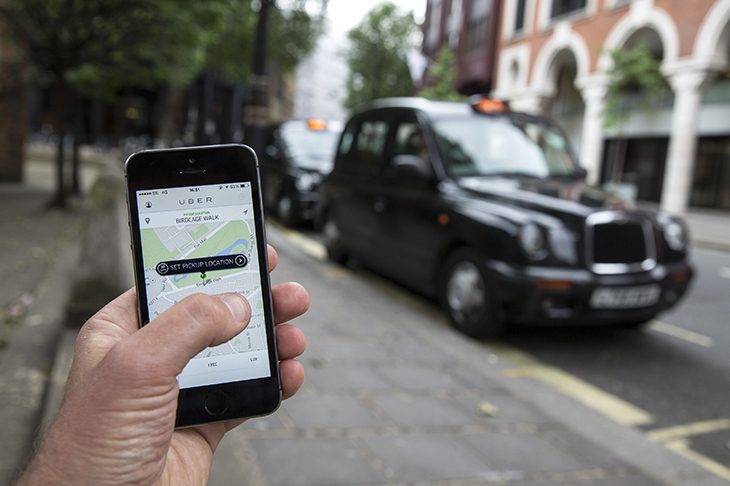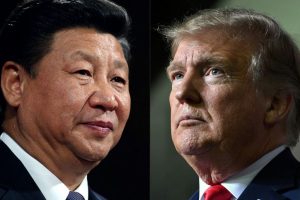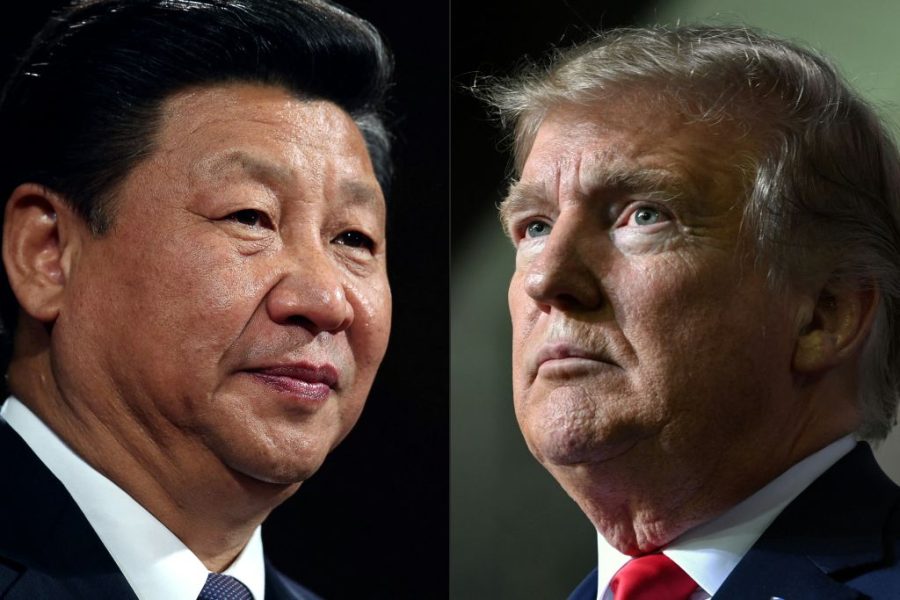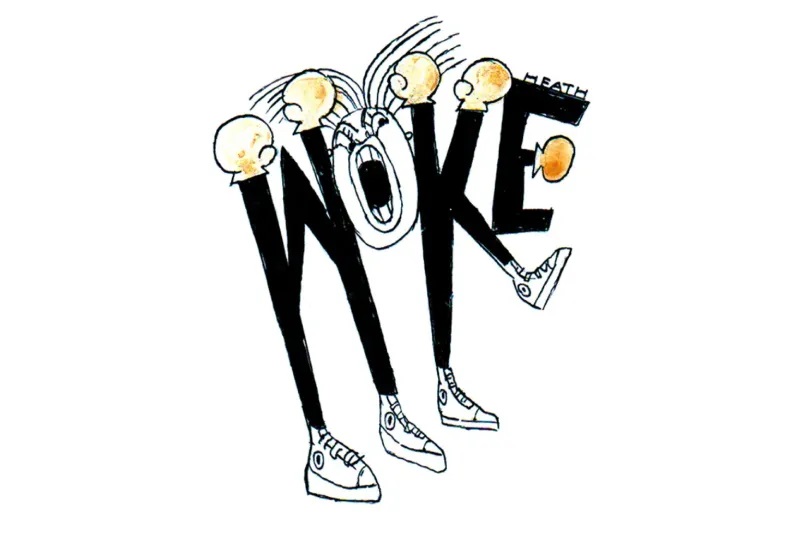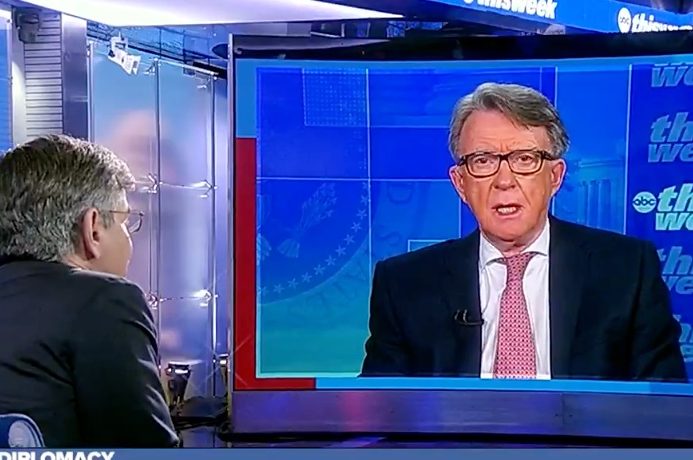Early experiences of Uber in London did not encourage me to become a regular user. My first driver thought I wanted to go to Birmingham when the ride had been booked from Clapham to Mayfair. The next was a furious driver who would have seen off Lewis Hamilton at Hyde Park Corner. Call me old-fashioned, but I still prefer the pottering black cab with its opinionated Essex-dweller at the wheel and the possibility of paying in cash. So my own modus operandi is unaffected by Transport for London’s decision not to renew Uber’s license in the capital and I’m not in the least upset about it.
OK, life today is all about apps, cashless convenience and the individual’s right to make choices and take risks. To oppose Uber on ideological grounds, as Mayor Sadiq Khan is accused of doing, is to defend the 1970s-style closed-shop and ‘workers’ rights’ over the consumer’s interest in fast-evolving free markets. Fine: let’s have a multiplicity of ‘ridesharing’ and minicab services alongside licensed taxis. I’m not generally in favor of banning anything.
But let’s remember that Uber is popular with customers not because it’s a flagship of libertarianism but because it’s dirt cheap; and with drivers because it’s a ready source of income however mean the net hourly rate. And that’s the problem at the core of its model. In the decade since its inception, Uber has used billions of investor dollars to subsidize a strategy designed to destroy full-fare competitors in city after city; passengers have never paid anything like the economic cost of their ride. An essay by Hubert Horan in American Affairs (May 2019) argues that Uber is actually less efficient than many of the competitors it drives out of business — because individual Uber drivers have to pay their own vehicle financing and maintenance (plus Uber itself has hefty overheads) and that adds up to more cost per car than a traditional cab fleet.
In short, the Uber model is ruthless but unsustainable and corrosive; if TfL’s ruling hastens its retreat, there’s nothing to regret.
This article was originally published in The Spectator’s UK magazine. Subscribe to the US edition here.



